Should we teach bad language?
By Jono Ryan
Swear words, cuss words, four-letter words, obscenities, profanities, foul language. A legitimate part of the language, sure, but should we teach them?
For me, no.
And I say this as someone who swears profusely. I’ll come to my main argument momentarily, but first let’s address two counter arguments. This first is simply that sometimes a profanity is the most apt response. That’s true of course. Foreign warship, go. Nevertheless, a 49-year-old friend of mine claims to have never ever sworn, in English or in any other language. This suggests to me that there are effective workarounds for communicating in any situation. Being a non-cusser will be a non-issue. The second argument is that language learners need to understand what others are saying when they are swearing. This is also somewhat true. But take the case of being sworn at. Isn’t it enough to merely recognize – whether through volume, tone of voice or facial expression – that someone is acting aggressively? As I write this, I’m recalling encounters in foreign lands where I was confronted by a hostile and belligerent local, and so I quickly exited, perhaps with a cheery ‘Same to you!’. No further harm done. A little unnerving, but such is life. But on one occasion, when I could speak the language, my reaction was emotional and visceral; we almost came to blows. This is not the way I want to react, and so I’m better off not knowing the full gravity of their words and better just removing myself from the situation.
So those are the counterarguments, but for me, the main issue boils down to the observation that swear words are far too troublesome and socially risky to mis-teach, and that if we get the teaching wrong or handle it in a superficial way, we do our learners an enormous disservice.
For a start, there are very subtle social rules around who can swear in front of whom, for what purpose and in which contexts. There’s a world of difference between dropping an f-bomb when you stub a toe and swearing at someone. There’s another world of difference in the gradations of offence generated by the different swear words. Where one four-letter word might seem appropriate enough, another may be deemed far too harsh. Yet not all English speakers even agree on what this hierarchy is.
Individuals also orient differently to swearing depending on subtle differences in the social context. Some will blithely swear away most of the time, others will moderate their language only for children or strangers, some do it mainly at work and some never at work, while many others do it only in the company of a few close confidantes. And the thing is, people will judge others based on their own subconscious rules. Native and native-like English users are usually able to navigate these treacherous waters through sensitivity to the social situation and knowledge of the relevant socio-pragmatics, honed through massive exposure to linguistic and social data on swearing, reinforced since childhood by parents, relations, friends, teachers and acquaintances.
Let me give an example of where it can all go wrong, as recounted to me a few years ago by my Spanish teacher (gracias Gabriel). A teacher had told his class that cabrón, while a swear word, could also be used among friends, where it would signal a certain amount of closeness. In much the same way, I suppose, that we might say something like ‘Leo, you old xxxx’. So a few days later, while looking for directions, a young Japanese guy from the class politely approached a stranger with ‘Disculpeme cabron’. The interaction very nearly ended in violence.
Needless to say, this is just about as catastrophic a failure as language teachers are capable of.
Now, I’ve served seven years on research ethics committees, and one of the things we consider is weighing up the possible risks and benefits of research proposals. For instance, let’s say a team was to propose human trials of a promising cancer cure, and had taken every reasonable step to ensure safety. In such a case an ethics committee might decide they are comfortable with a small degree of mortal risk, but only because the benefits are potentially immense and likely to save many many lives. Where I’m going with this analogy is that as a language teacher, I find it nearly impossible to reconcile the miniscule benefits of teaching swearing with the monstrous risks it poses to students.
